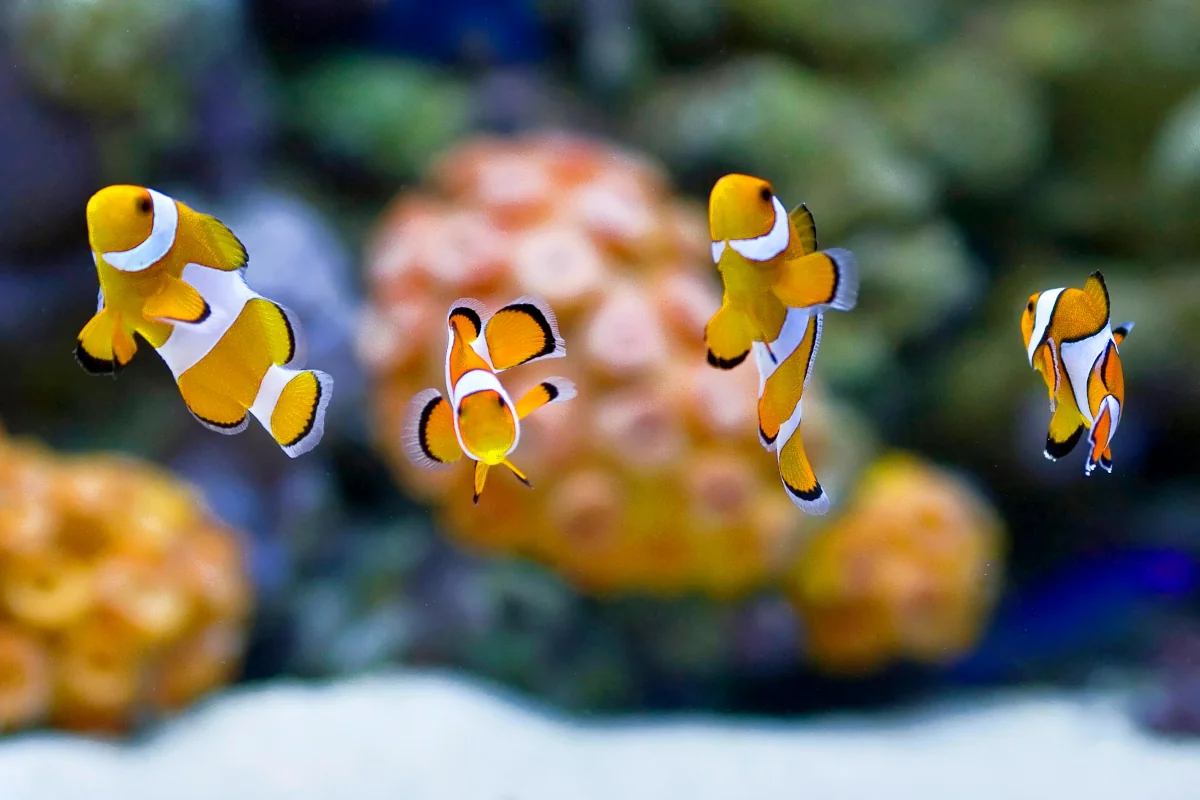Just like any other living creature, aquarium fish can experience stress. In fish, stress is more than just an uncomfortable feeling. It can weaken their immune system, lead to illness, and shorten their lifespan. As an aquarist, recognizing the triggers of stress and knowing how to address them is vital to keeping your fish healthy and thriving.
Common Stress Triggers in Aquarium Fish
1. Poor Water Quality
Water that contains high levels of ammonia, nitrites, or nitrates can quickly cause stress. Even small fluctuations in pH or temperature may have harmful effects. Using a reliable water testing kit and performing regular water changes are essential. For more guidance, see the Environmental Protection Agency’s water quality basics.
2. Overcrowding
Too many fish in one tank increases competition for food and territory. It can also lead to aggressive behavior, which further stresses tank mates. Research the appropriate tank size and stocking levels for each species.
3. Incompatible Tank Mates
Housing aggressive species with peaceful ones can cause constant harassment and stress. Before introducing new fish, learn about compatibility through resources like FishBase.
4. Sudden Changes in Environment
Rapid changes in lighting, temperature, or tank décor can unsettle fish. Gradual adjustments help them adapt without becoming stressed.
5. Poor Diet
An unbalanced or inappropriate diet can weaken fish over time. Provide a varied diet tailored to the species’ natural eating habits. The University of Florida IFAS Extension offers in-depth guidance on fish nutrition.
6. Excessive Handling or Disturbance
Constant netting, tapping on the glass, or loud noises near the tank can cause fear and stress. Keep disturbances minimal and only handle fish when absolutely necessary.
Signs of Stress in Aquarium Fish
Recognizing stress early can prevent more serious problems. Common signs include:
- Gasping at the surface
- Clamped fins
- Erratic swimming
- Loss of appetite
- Color fading
How to Reduce Stress in Aquarium Fish
- Maintain stable water parameters through routine maintenance.
- Ensure proper tank size and stocking levels.
- Provide hiding places like plants, caves, and driftwood.
- Feed a balanced diet at consistent times.
- Avoid sudden changes in lighting or temperature.
Stress in aquarium fish is often preventable with careful attention to water quality, environment, and tank mates. By identifying and addressing stress triggers early, you can help your fish live longer, healthier lives.
To help maintain your pets mental health, check out these enrichment ideas!




